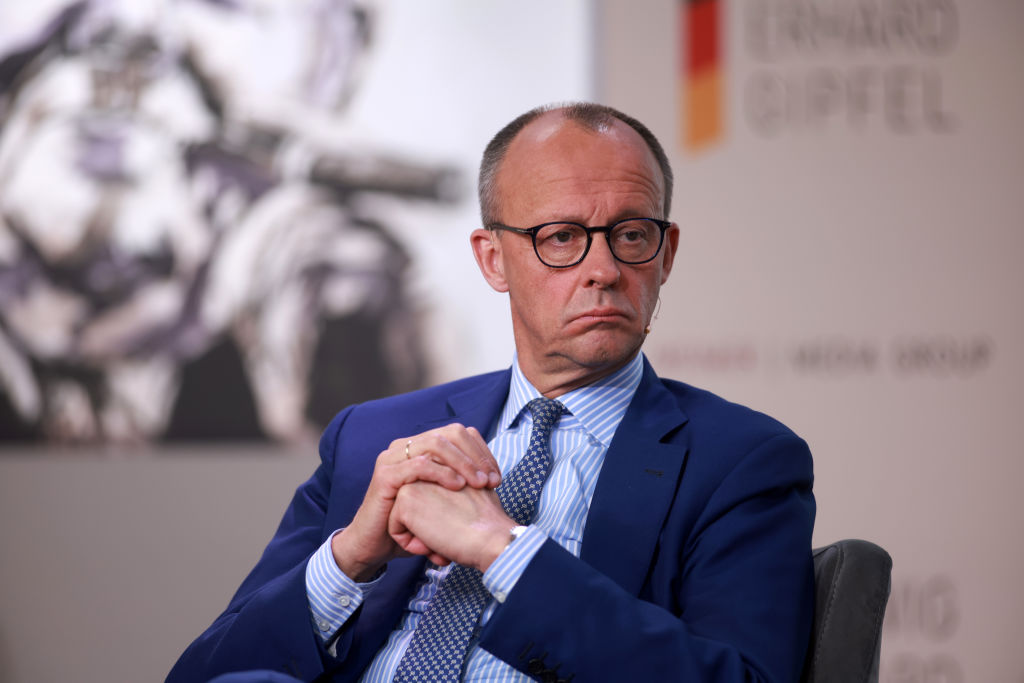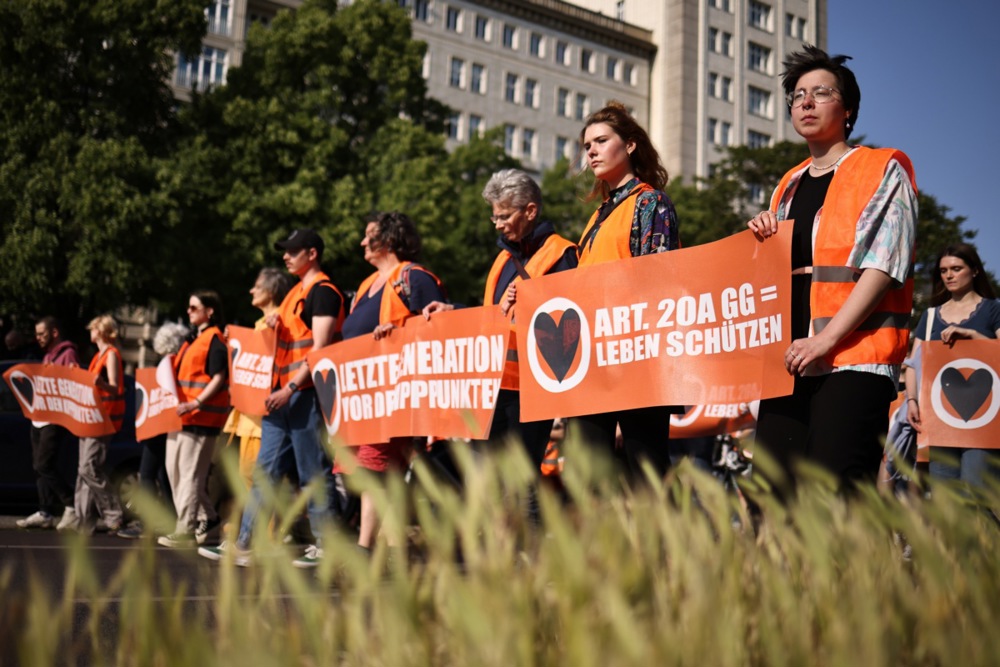Germany is experiencing a “creeping process of de-industrialisation”, Christian Democratic Union (CDU) leader Friedrich Merz has said.
With politicians under serious public pressure as a result of soaring energy prices, Merz has warned that a lack of skilled workers in the country is adding to myriad problems facing businesses there.
“Industrial production is declining,” he said, expressing worries that unemployment figures and company insolvencies have been rising over the past few months.
“As a country with a high proportion of industry, this must concern us deeply,” he added. “Germany is losing competitiveness. We are experiencing a creeping process of de-industrialisation.”
Merz went on to criticise what he said was Germany’s over-reliance on migrant labour to fix the issue, with the CDU now calling on the ruling coalition government to put a plan in place to boost the uptake of domestic skilled workers.
“We have to take this very seriously,” he emphasised. “Something is happening here that may not be reversible. The federal government must react to this.”
The CDU leader’s warning comes during a period of financial stress for both Germany and its businesses, with high energy costs, worldwide inflation and a lack of workers causing difficulty for many companies.
One group representing the interests of small-to-medium enterprise in the country warned that around half were considering ceasing trading in Germany altogether due to a variety of issues, including what many see as over-taxation and excessive bureaucracy.
Political parties in the country have now started blaming one another for the crisis, with officials from within the ruling coalition saying that the current issues facing the nation are the CDU’s fault.
Education minister Bettina Stark-Watzinger traced Germany’s current difficulties to Merz’s party not being “liberal enough” with immigration while in office, adding that the CDU’s current calls for border control were a “terrible” idea.
“The fact that a CDU-led federal government prevented more immigration of skilled workers for years and thus contributed to the current shortage of skilled workers is one thing,” she said.
“The fact that it hasn’t learned anything from this is outrageous and a threat to prosperity.”





